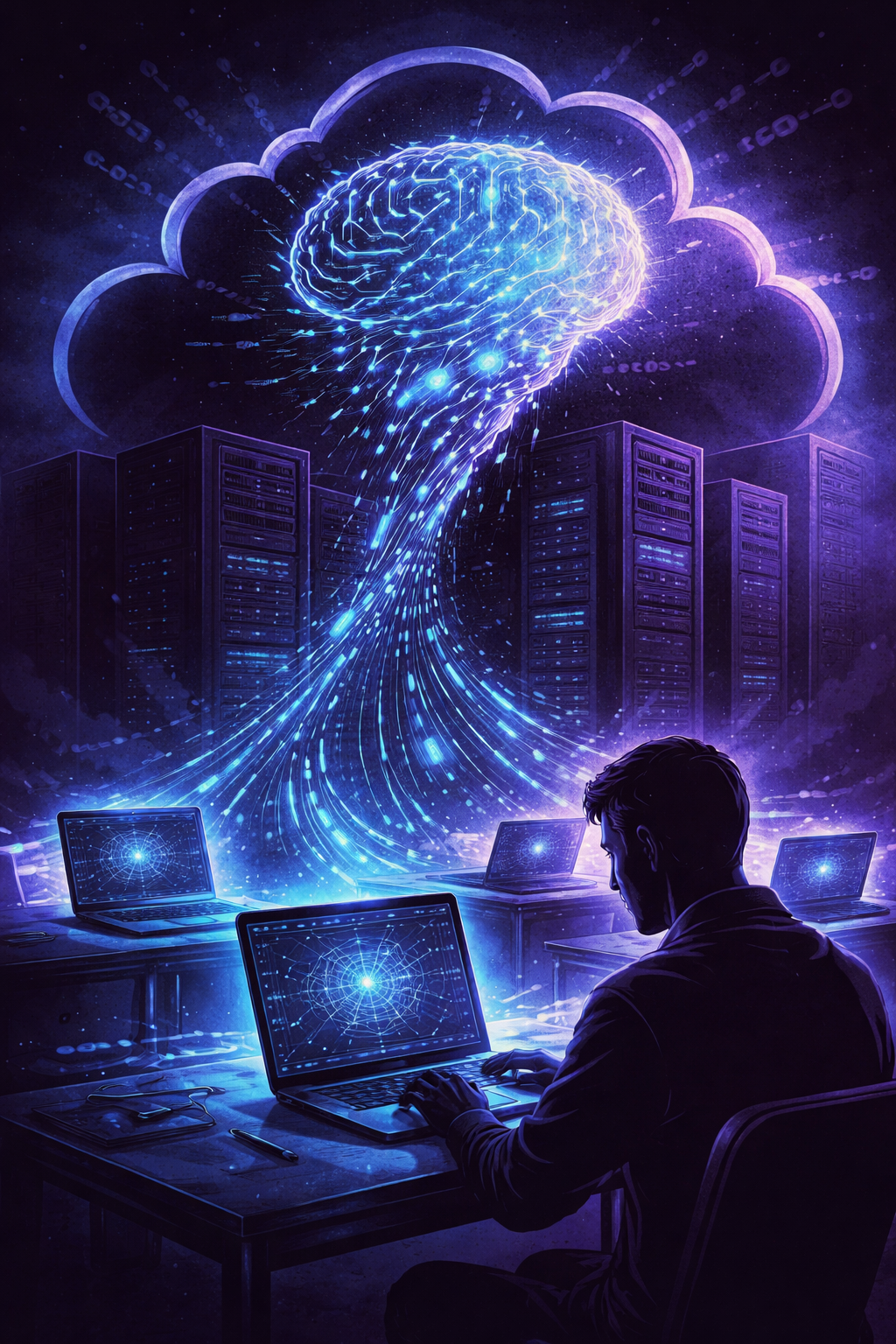“AI won’t replace programmers — but programmers who use AI will replace those who don’t.”
— Anonymous
The Rise of Self-Writing Code
Over the past few years, tools like GitHub Copilot, ChatGPT, and CodeWhisperer have transformed how developers work. These AI copilots can autocomplete functions, write documentation, and even refactor entire codebases. What used to take days can now take minutes.
But what happens when AI goes from assisting with code to writing it entirely?
Programming Without Programmers
New platforms are emerging that allow non-developers to describe what they want in plain English and let AI generate production-ready code. Whether it’s generating an entire app scaffold or deploying cloud infrastructure, natural language is fast becoming the new programming language.
In some companies, junior developer roles are already being replaced by prompt engineers — people who know how to talk to machines better than they know how to write code.
The Disappearing Skillset
A generation of programmers built their careers mastering languages like JavaScript, C#, and Python. But AI doesn’t care about syntax. It doesn’t need sleep, coffee, or weeks of debugging.
If a machine can deliver clean, tested code instantly, why hire a human?
What’s Left for Humans?
- Architecting solutions: AI can generate code, but it often lacks business context and tradeoff intuition.
- Ethical judgment: Should we build this feature? Is this data use acceptable? AI can’t answer that — yet.
- Creative thinking: The best products come from understanding human needs. That insight still belongs to people.
Conclusion: Adapt or Fade
AI won’t kill programming. But it will kill programming as we knew it. The future belongs to those who embrace the shift — not by clinging to syntax, but by evolving into roles where human intuition guides machine output.
The programmers of tomorrow won’t write code. They’ll write ideas.



